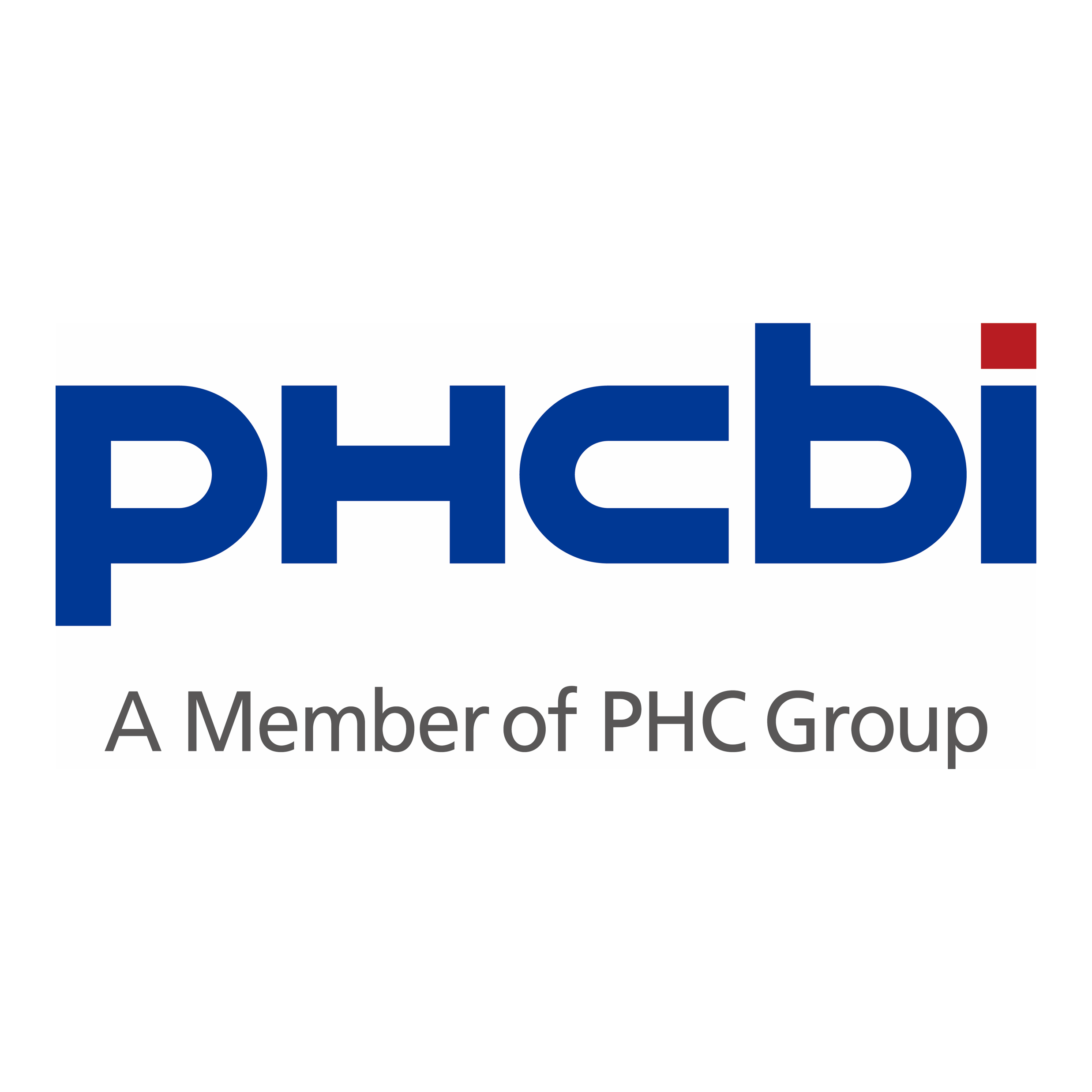Maze Therapeutics on Tuesday filed plans for an initial public offering that could become the biotechnology sector’s first of the year, depending on how quickly the deal comes together.
If Maze is successful, its IPO would continue a trend that has favored initial stock sales by biotechs with drugs already in clinical testing. More than half of the IPOs priced last year involved companies that were in Phase 2 or later testing, according to BioPharma Dive data.
Based in South San Francisco, Maze has several programs in its pipeline. The furthest along is MZE829, a small molecule inhibitor targeting a protein called apolipoprotein L1, or APOL1. Results from a Phase 1 study showed the drug to be well-tolerated, according to Maze, which began a Phase 2 trial last November.
MZE829 could emerge as a competitor in APOL1 kidney disease to Vertex Pharmaceuticals’ inaxaplin, which is now in Phase 3 testing. Maze said in its securities filing that preclinical models suggested MZE829 could be “substantially more potent” than Vertex’s drug, making it “more suitable for clinical exploration in a broader range of patients.”
The company has a second chronic kidney disease drug, dubbed MZE782, that entered Phase 1 testing in September. That trial is expected to read out in the second half of 2025. Maze is also studying MZE782 as a treatment for a rare genetic disorder called phenylketonuria.
Maze’s performance could be an early indicator of how biotech IPOs will perform in 2025. The pace of pricings has remained low since 2022, with around two dozen drug companies going public in each of the past three years.
In many ways, Maze is what is now a typical biotech offering. The median biopharma IPO in 2024 involved a Phase 2 biotech more than four years removed from launching, according to a report released Wednesday by HSBC Innovation Banking.
Maze is the second biotech to seek a Nasdaq IPO in recent weeks. China-based drugmaker Ascentage Pharma on Dec. 27 filed a plan to list its American depositary shares.
Launched in 2019, Maze has raised almost $500 million in private funding, including from investors Third Rock Ventures and Arch Venture Partners. Its most recent financing, a Series D round co-led by Frazier Life Sciences and Deep Track Capital in December, brought in $115 million.
Some of Maze’s cash is from licensing a Pompe disease drug to Shionogi, which paid Maze $150 million for global rights to MZE-001. Maze had originally struck a deal with Sanofi to develop the experimental program, but that fell through after an unusual challenge from the Federal Trade Commission.















